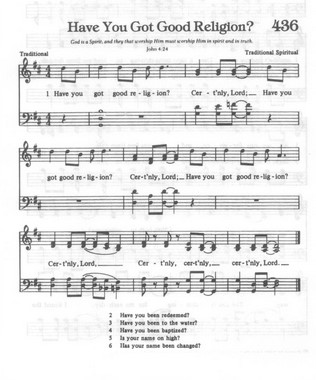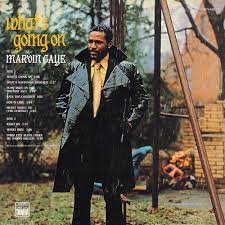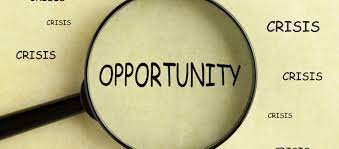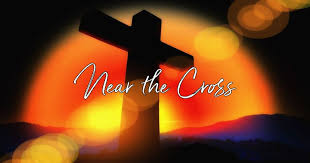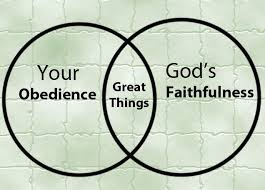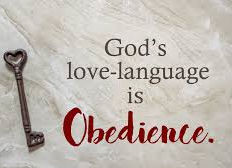Why suffering?
Pain and suffering have been themes for many great philosophers. But when we enter a time of suffering, all the wisest speculation of the philosophers seeing empty and meaningless. We simply hurt. And the mystery as to why we experience suffering often remains shrouded and hidden.
Beginning with Adam and Eve, human beings have suffered because of their wrong choices AND/OR because of the wrong choices and acts of others. As we shared earlier, suffering is the natural consequence of sin and therefore, an integral part of the human experience.
Biblical perspective of human suffering
Unlike the ancient Greek Stoics who viewed suffering as a man’s fate in an impersonal universe, the Bible affirms a world ordered by a personal God.
In the Old Testament suffering is set in the context of morality and the divine purpose. There is no hint of chance or fate. From a morality standpoint, suffering is a consequence of sin. God establishes a moral order in creation and retribution is metered out in life experiences.
Pain and suffering are concepts that draw attention to how human beings are affected by the tragedies of life. It is not the loss of a home or a loved one, nor physical agony, that seems devastating. It is how such an experience affects us within, causing doubts and fears and trembling as the pattern of our lives is shaken and our expectations fail.[1]
The prime Old Testament example of one who endured pain and suffering is Job. Although he was a person whom God Himself called blameless and upright (Job 1:8), he lost everything in a single day. However, even after Job was restored, there is no answer as to why he suffered. But in this revelation, we see, it was Job’s faithfulness and trust that resulted in blessings that were even greater than before his loss (Job 42:12-17).
In the New Testament, we discover God’s attitude to suffering expressed in Jesus. Not only did God sympathize, sharing in our hurt and suffering, but God in Jesus even entered humanity and took on to Himself the full weight of sin (Heb. 2:14-18). And with that weight came suffering. Christ presents to us a model we can use to “embrace” suffering. Jesus’ attitude reflected trust, obedience, patience, and hope.
So what are we to do?
Scripture offers no magic remedy when suffering surprises and overwhelms us. There is no verse to read that will instantly heal us or even dull our pain. Grasping what the Bible teaches us about suffering (and how to meet it) will not relieve it. Nor will it release us from circumstances beyond our control.
However, the biblical perspective on suffering, will enable us to better cope and even to overcome those difficult times. The sufferings of the prophets, the apostles, and others, just like us, “reveal” the goodness and the greatness of Almighty God.
It reaffirms our trust in God and encourages us to “go deeper” in our relationship with Him. While we may not understand the reason for our suffering, we as believers can be assured God is with us to both comfort and strengthen us. The God of the mountains—our good times—is the same God of the valley—our times of suffering (1 Kin. 20:28). It is in the valley that we rekindle our hope and trust in Him; that we will KNOW that He is our God!
Our theology of suffering
With every incident of pain and distress, we are continually “updating” our “theology of suffering”. What did we learn about ourselves or about God in this experience? Are we getting “bitter or better” in managing through suffering? How are we responding? With anger, fear, or trust?
The mystery as to “why” we experience suffering remains shrouded and hidden. However, our best strategy and response is to develop a theology that draws its strength, faith, and hope from Eternal God. Perhaps one day, in eternity, we will discover the purpose for our suffering. But once we see Jesus, will it really matter?
More on suffering, its purpose, and possibilities, next week.
[1] Encyclopedia of Bible Words, Zondervan Publishing House



